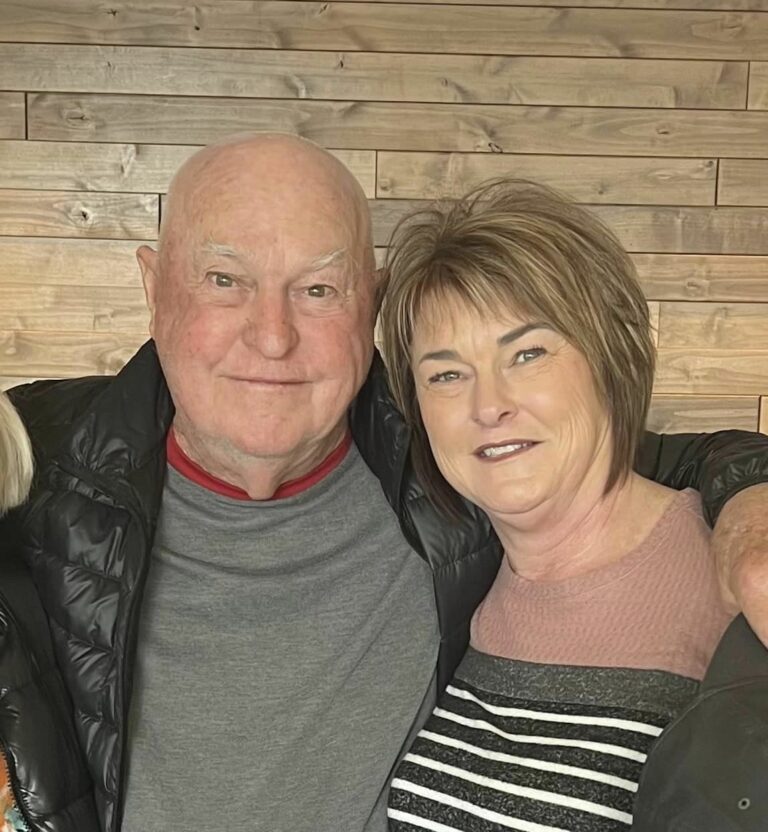
Falls are the leading cause of injury and death from injury in older adults, primarily in those 65 years and older, according to the Centers for Disease Control and Prevention. Some of these incidents are due to balance problems, which can cause seniors to feel dizzy and lightheaded.
Family members can help their loved ones avoid falling by addressing their equilibrium issues. People should start with these tips and tricks:
“A doctor can help seniors understand the cause of their balance problems.”
Find the Culprit
What is the cause of your loved one’s balance problems? Family members will want to discover the culprit to reduce or eliminate these issues. According to the National Institutes of Health, various medical reasons behind balance troubles include inner ear infections or swelling due to upper respiratory or bacterial infections, stroke, low blood pressure, and medicinal interactions.
People should inform a doctor if and when their family member is experiencing struggles with balance. Medical professionals can perform the necessary tests or examine the medications taken to find a solution and comfort seniors.
Look into Physical Therapy
Once a doctor has discovered the cause of a senior’s balance issues, they may recommend specific exercises to help family members stay on their feet. According to the American Academy of Family Physicians, physical therapists can help with this task by creating activity programs focusing on flexibility, stability, strength, and endurance.
These exercises could make seniors feel more stable on their feet and reduce the chance of falls.
Find Senior Living Near Me
Invest in Support
Do your loved one’s shoes frequently come untied? Do they find walking even short distances a challenge? If so, it may be time for family members to pay extra attention to the support seniors need. According to the Vestibular Disorders Association, this could mean investing in orthopedic shoes with Velcro instead of shoestrings, a cane or walker for stability, or implementing handrails near stairs or areas that aren’t well-lit.
Talk About it
While you may be concerned about your loved one’s health, they may have the same worries. It’s a good idea for both parties to be on the same page, so ask them about the challenges they’re experiencing and how they’d like to face them. Chances are strong seniors may have their ideas about the best course of action for handling their balance struggles. Together, you can devise a plan – complete with a professional opinion from a doctor – that works for everyone involved, the National Council on Aging recommended.
Eliminate Potential Hazards
Have you visited your loved one’s home or assisted living community recently? Are their rooms cluttered, causing them to trip on items left on the floor? You can make their environment safer by removing some of these hazards. The Mayo Clinic suggested installing non-slip shower mats, ensuring cords are out of the way, and removing unnecessary tables or floor coverings that could result in a fall.
Add Extra Lighting
If you see specific areas of a loved one’s living space that are particularly dim or dark, that could be causing balance and stability problems. In these cases, family members can add extra light in the bedroom and bathroom so seniors can see and avoid slippery surfaces. Nightlights can also help in case loved ones need to get up in the middle of the night for something.
With a few simple steps, you can help your senior loved ones avoid injury caused by falling and balance problems.




